Our members
Prague.bio unites biotech companies, startups, research institutes and partners within the Czech biotech ecosystem. The association currently has 42 members.

A-REG Solutions delivers expert regulatory support across Europe, Asia, and the Americas, helping clients confidently navigate key pharmaceutical markets around the world. In addition to regulatory services, they also provide quality services, safety consultancy, bridging the gap between pharmacovigilance and regulatory affairs, and a range of clinical & medical services.
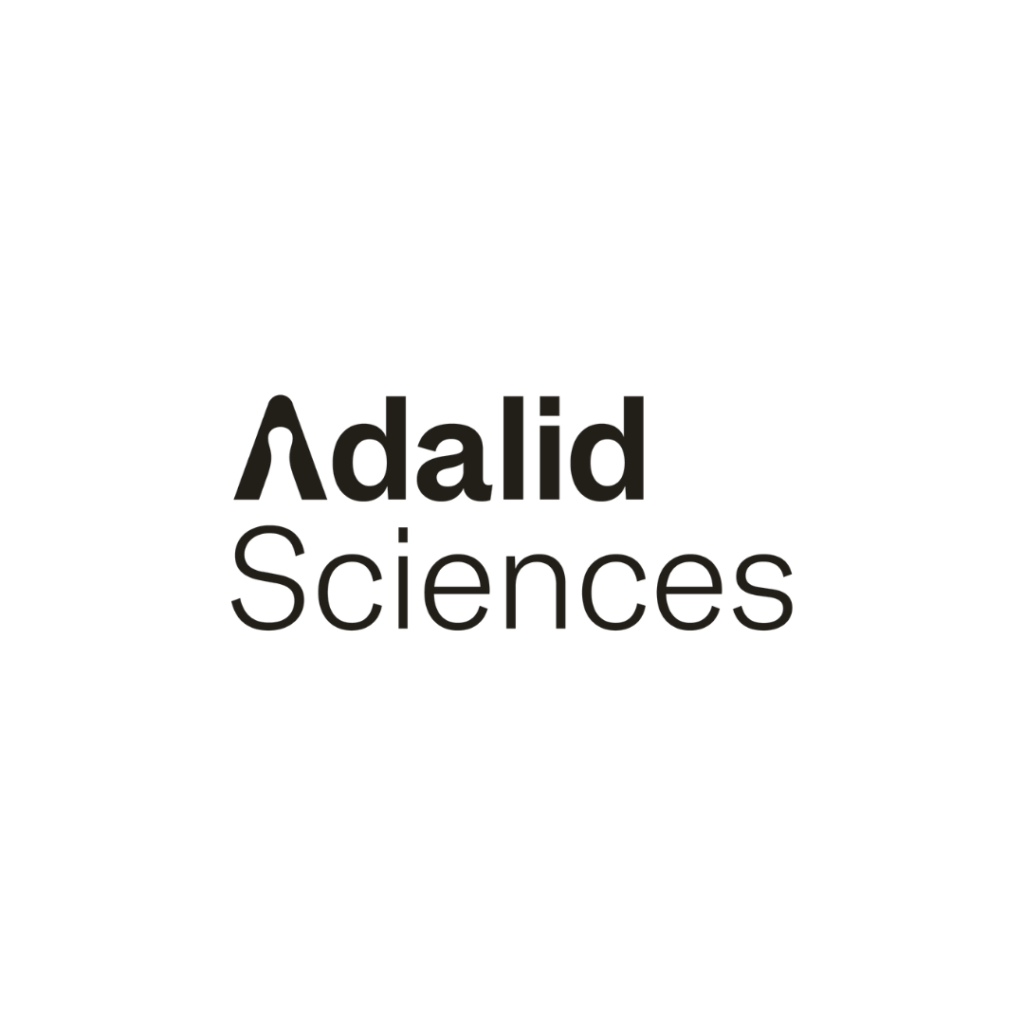
Adalid Sciences specializes in the development of lipid nanoparticle (LNP) delivery systems for nucleic acid-based therapeutics, such as mRNA, siRNA, and gene editing tools. By leveraging advanced LNP technology, Adalid aims to enhance the efficacy, safety, and precision targeting of these therapies, improving clinical outcomes while minimizing
off-target effects and toxicity. This delivery platform enables the treatment of challenging and currently incurable diseases, and plays a key role in the development of next-generation vaccines and genetic medicines.
The company was established in June 2024 as a spin-off from the Institute of Organic Chemistry and Biochemistry of the Czech Academy of Sciences. The team brings decades of expertise in using lipid nanoparticles as delivery systems for nucleic acids and related fields.

APIGENEX is a Prague-based CRO operating since 1996. The company provides clients with highly professional services that help them carry out and complete their research plans in drug discovery and crop protection.
At its 4,000 m² facility, APIGENEX can synthesize potentially active compounds on short deadlines and with excellent quality. Its main areas of expertise include drug discovery, peptide synthesis, GMP production, experimental pharmacology, and pharmacokinetic and pharmacodynamic studies, among others.
Arxada Biotec Czech Republic Is an industrial biotechnology company. They stand at the forefront of contract development and manufacturing in the field of microbial fermentation. The experienced team, utilizing unique technological setups and know-how, helps customers from all around the world introduce innovative, sustainable solutions to the market. Multipurpose production lines, supported by state-of-the-art bioprocess and quality control laboratories, manufacture products with applications in the food, cosmetics, and agriculture market segments. The company applies deep scientific knowledge, modern technologies, and long-lasting biomanufacturing expertise to help tackle today’s global challenges. Technologies developed at Arxada contribute to human and animal health, environmentally friendly and sustainable agriculture, and offer natural alternatives to traditional chemical processes across various industrial sectors. Arxada Biotec Czech Republic is part of the global specialty chemicals company Arxada, headquartered in Switzerland.

Betthera offers expert consulting in health economics, regulatory affairs, and social impact assessment, helping clients bring medical technologies to market in a sustainable and ethical way. With deep experience across medical and emerging technologies — from clinical validation to commercialization — Betthera stands out for its strong focus on economic and social impact.
Their strengths include proprietary models, insights into current R&D trends, a broad industry network, close ties with academia, and access to healthcare data from the CEE region.
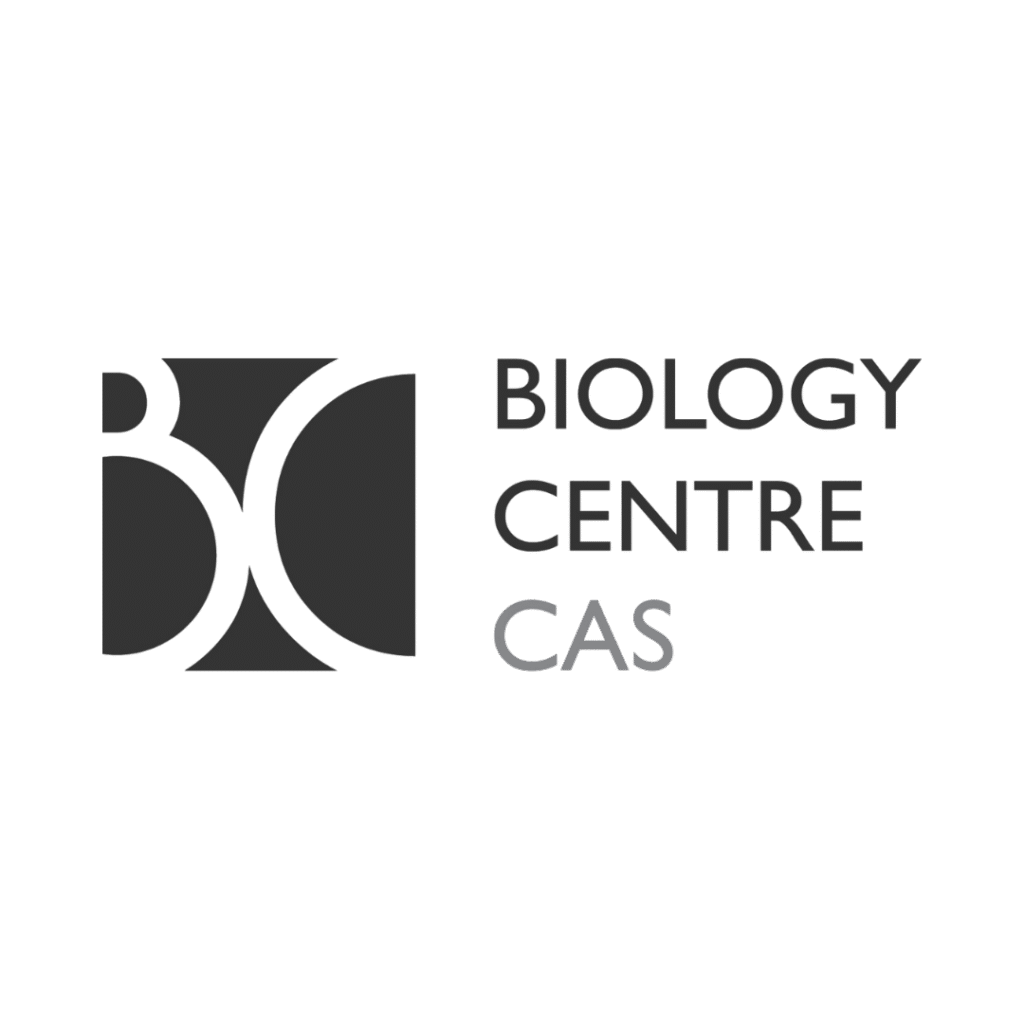
Biology Centre CAS is a national public research institution mainly focused on biology and ecology, with a strong emphasis on biotechnology. Their research combines collaboration across disciplines, diverse methods (from molecular biology and genetics to parasitology, entomology, field ecology and mathematical modelling), and both analytical and holistic approaches to problem-solving. They also train Ph.D. students in a wide range of fields — biophysics, parasitology, ecosystem biology, entomology, hydrobiology, molecular and cell biology, genetics, and more.

BMS is a global biopharmaceutical company whose mission is to discover, develop, and deliver innovative medicines that help patients prevail over serious diseases. BMS focuses on helping millions of patients worldwide in areas such as oncology, cardiovascular diseases, immune system disorders, and more.

The company is focused on developing new therapeutic options for the treatment of resistant tumors, such as Acute Myeloid Leukemia and solid tumor indications including PDAC, TNBC, melanoma, and prostate cancer. CasInvent’s approach is based on proprietary inhibitors of enzymes from the Casein Kinase 1 (CK1) family, which regulate various cellular mechanisms that contribute to resistance to targeted therapies.
These CK1 inhibitors were discovered by the research teams of Professors Vítězslav Bryja and Kamil Paruch at the Faculty of Science, Masaryk University. CasInvent Pharma is currently in advanced preclinical development of selected compounds, with a lead candidate expected to enter clinical trials soon.

The Czech Biotechnology Platform (CEBIO) is based at the University of South Bohemia in České Budějovice. The platform was founded to identify and advocate for interests in biotechnology, to promote them at the European level, and to carry out scientific-research and technological innovation activities. CEBIO wants to bring together key stakeholders interested in biotechnology and its use in industry, agriculture, healthcare, and other areas for the benefit of society and the environment. Another aim is to monitor and support research, development, innovation, and the implementation of new biotechnologies into practice.
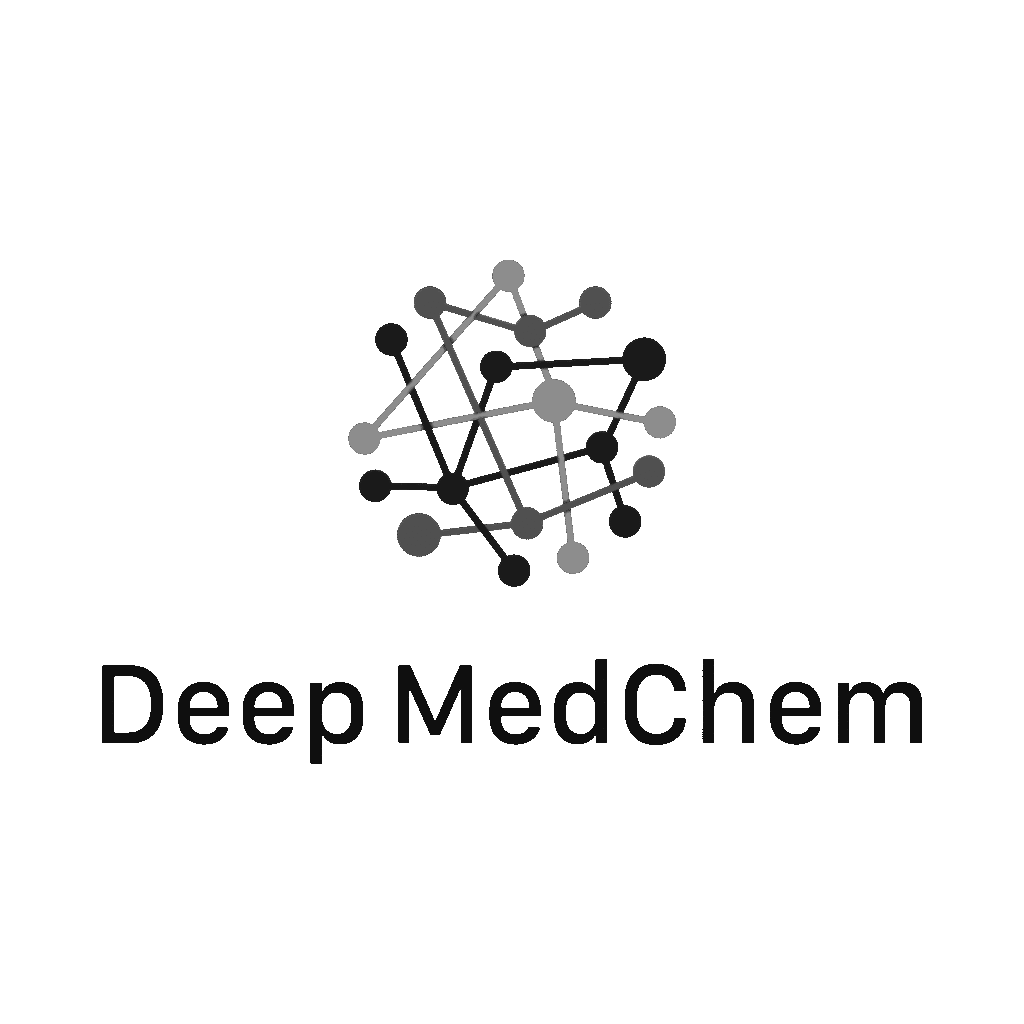
Deep MedChem focuses on AI-powered drug discovery for medicinal and computational chemists. They are the creators of the so-called CHEESE platform – a molecular search tool transforming virtual high-throughput screening. It can screen billions of compounds in seconds, leveraging 3D electrostatics and 3D shape similarity to uncover drug-like scaffolds.
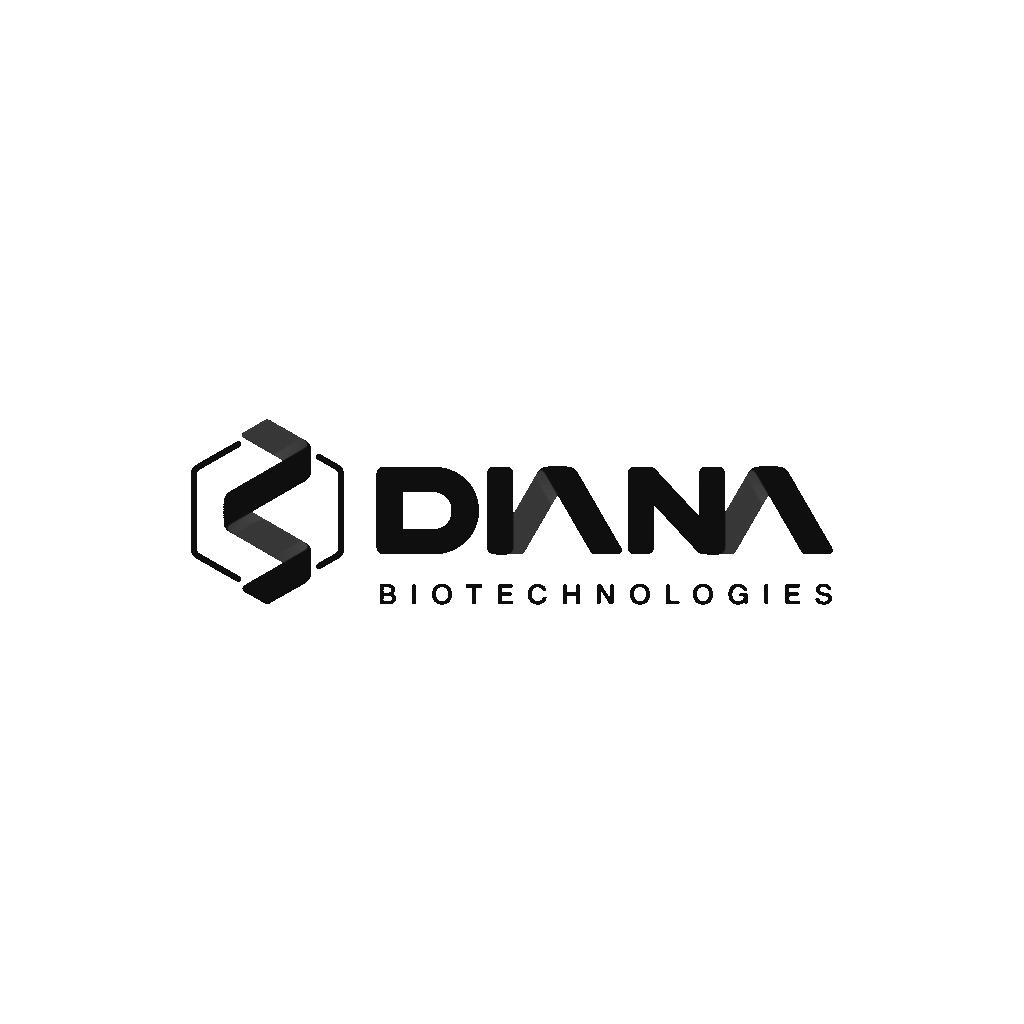
Founded in 2018 as a scientific spin-off from IOCB Prague, DIANA Biotechnologies has raised €3.5 million in private investment and became the largest producer of COVID-19 tests in Czechia, delivering over 6 million PCR tests to date. The name DIANA stands for DNA-linked Inhibitor Antibody Assay — a method that can precisely detect a variety of diseases.
It targets pathogens and significantly amplifies the evidence of their presence in biological samples. Today, DIANA Biotechnologies provides a wide range of PCR products to diagnostic and academic labs, including custom oligonucleotide synthesis. Their technology also enables the efficient and sensitive development of monoclonal antibodies, and they offer drug discovery services featuring their proprietary DIANA Kinase panels. The company has earned major recognition, including awards like Deloitte Fast 50 and EY Entrepreneur of the Year.
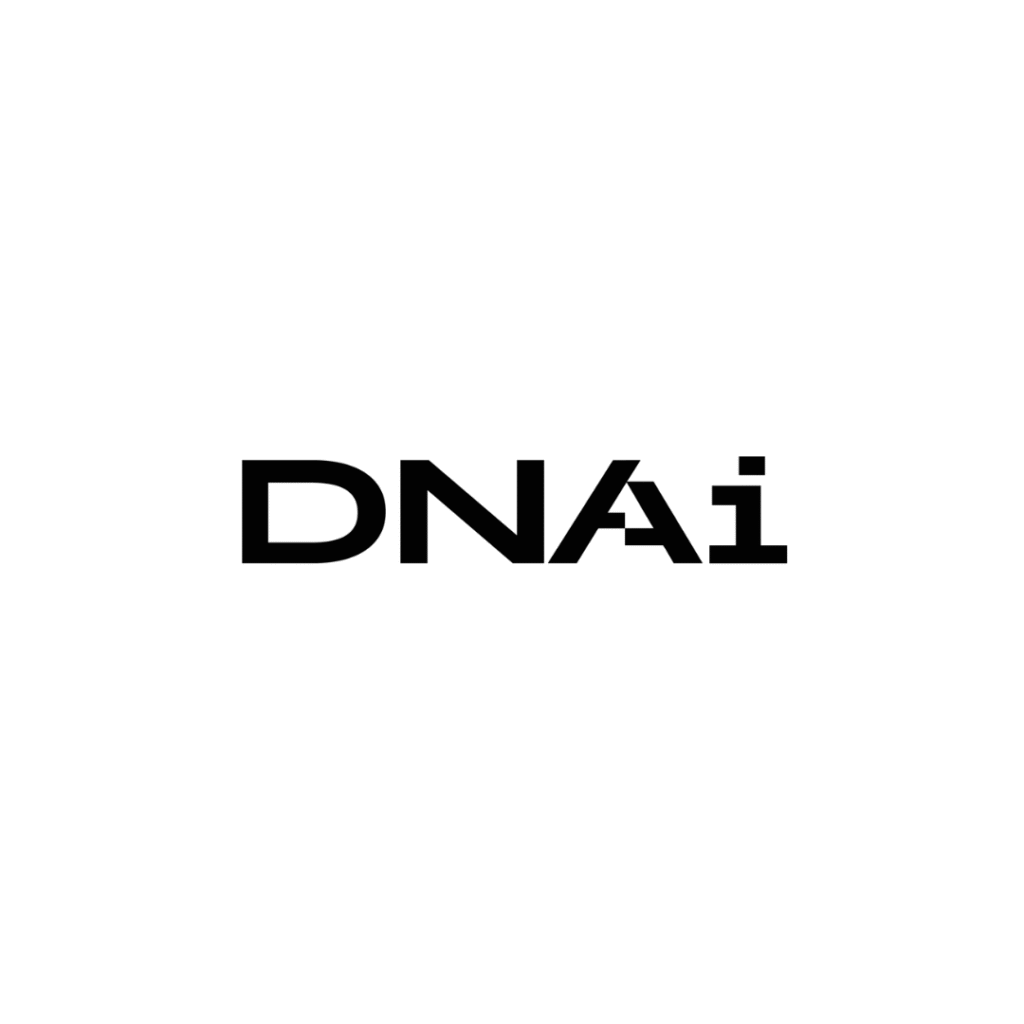
What once took bioinformaticians several weeks of gene analysis can now be completed in just hours or days using Floxgen software, developed by DNAi. The company, known for applying cutting-edge AI research and development in healthcare, manufacturing, and logistics, believes this software will save time typically spent on broad-spectrum approaches, reduce treatment costs, and ensure accurate and timely diagnoses for patients.
As part of their R&D efforts, they are also creating a platform for digital twins – virtual representations of physical systems, such as the human body, which simulate and predict real behaviors based on collected data. This technology is particularly valuable in healthcare for predicting potential diseases and recommending appropriate preventive treatments.

dubanska & co. is a boutique law firm specializing in providing expert services in the life sciences and biotech sectors as well as in digital technologies such as e-health. The core of their services is focused on regulation in the pharmaceutical industry. The founder, Barbora Dubanska, has been dedicated to these fields for a long time. Her office’s goal is to offer clients expert services with an emphasis on high added value.

Enantis is an innovative biotech company that designs smarter proteins using its proprietary protein engineering platform. Its core values are rooted in a full in-house development cycle—ranging from protein design with state-of-the-art software to final product delivery. This integrative approach enables Enantis to provide powerful and unique protein optimization services to its clients while also expanding its own portfolio of smart proteins.
The company’s internal R&D activities primarily focus on the fibroblast growth factor (FGF) family, aiming to enhance the poor stability of FGFs for use in therapeutics, cosmetics, stem cell culture reagents, and cultured meat media additives. Enantis currently holds three patented hyperstable molecules—FGF2-STAB®, FGF10-STAB®, and FGF18-STAB®—which are distributed globally through license agreements in the life sciences and cultured meat markets. Headquartered in Brno, Enantis maintains a strong collaboration with Loschmidt Laboratories at Masaryk University.
i&i Prague is a biotech incubator and venture builder founded in 2017 at the Institute of Organic Chemistry and Biochemistry of the Czech Academy of Sciences. The company focuses on innovations in drug development, diagnostics, and medical technologies, specializing in supporting early-stage startups and spin-offs. i&i Prague provides expert guidance on scientific, legal, business, and strategic issues essential for successful company growth. It has built a unique network of startups, investors, industry partners, and biotech experts, fostering efficient collaboration and knowledge-sharing. In 2021, i&i Prague co-founded the investment fund i&i Biotech Fund (i&i Bio).

The Institute of Biotechnology of the Czech Academy of Sciences (IBT) is a leading research institution focused on basic research into biomolecular mechanisms, laying the foundation for innovative diagnostics, therapies, and biotechnologies. With a mission to advance understanding of life at the molecular level, IBT aims to be a top-tier European center for studying biomolecular processes. Its research spans key areas such as mitochondrial energetics and cancer metabolism, developmental biology and disease predisposition, fertility and reproductive biology, protein engineering, structural biology, and single-cell gene expression analysis. IBT also benefits from its integration within the BIOCEV center, a hub for interdisciplinary collaboration and access to cutting-edge life science technologies.

The Institute of Molecular Genetics of the Czech Academy of Sciences (IMG) is a leading public research institution. The Institute focuses on cutting-edge research in molecular, structural, and cell biology, immunology, genomics, and bioinformatics. While basic research remains the core mission of IMG, reflected in high-impact publications in top international journals, the Institute also actively develops applied research based on solid scientific foundations. This dual approach has led to notable real-world outcomes, including the successful launch of several spin-off companies in recent years. These ventures continue to collaborate closely with IMG research teams, translating scientific discoveries into practical innovations.

Institute of Experimental Medicine is a recognized centre for basic biomedical research in the Czech Republic. It comprises ten specialized scientific departments and one research centre, focusing on areas such as biochemistry, cell and developmental biology, pathology, molecular embryology, and nanomedicine. Their research covers a wide range of topics most recently i.e. personalization of therapy for pancreatic cancer, personalised bone reconstruction and the development of new biomaterials for regenerative medicine, or studying genetic and molecular changes in tumours (particularly in colorectal cancer) and discovering new neuroprotective compounds with potential applications in treating neurodegenerative disorders such as Alzheimer’s disease.

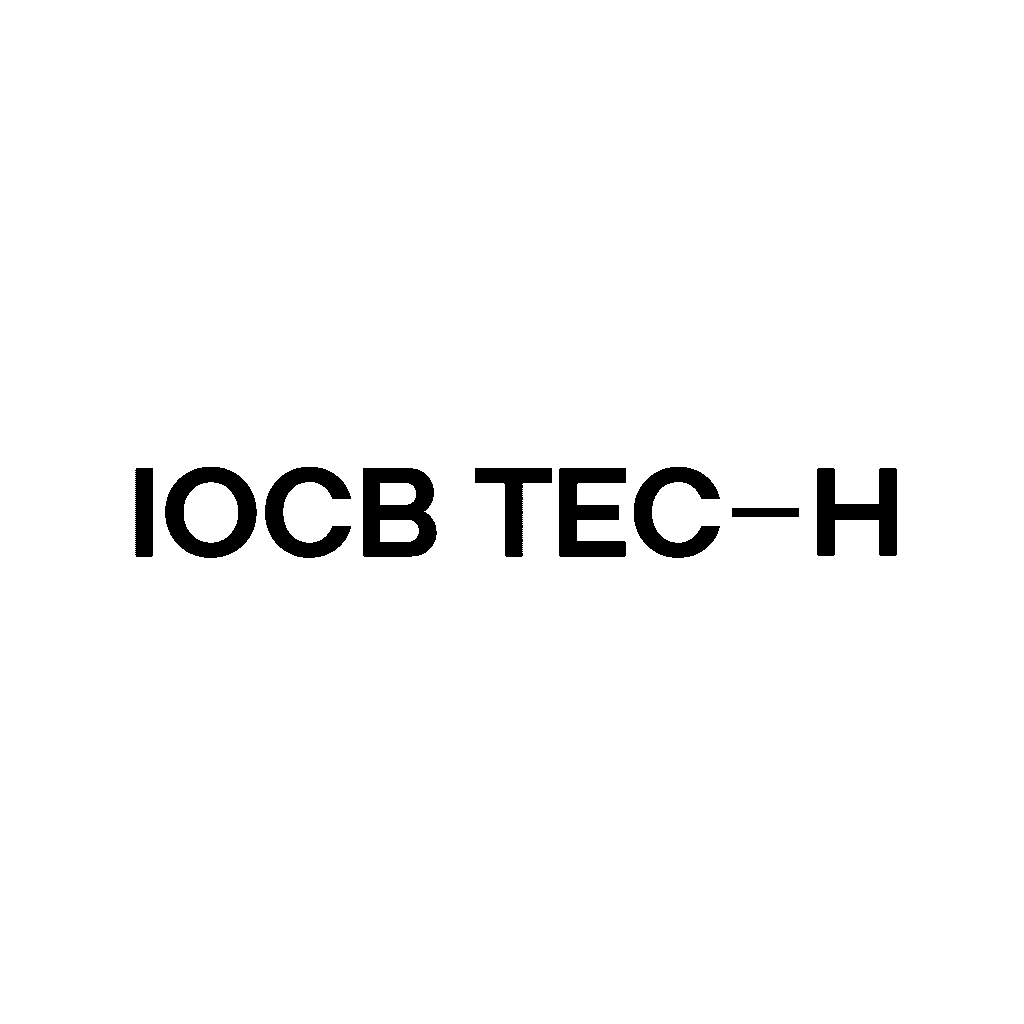
When it comes to tech transfer in the Czech Republic, IOCB Tech is simply irreplaceable. Their team identifies promising projects developed within IOCB, analyzes their market potential and patentability, and also handles project management, negotiates license agreements, and connects with the right business partners. To date, IOCB Tech has been involved in negotiating and closing more than a dozen key license agreements with major pharmaceutical partners like Gilead Sciences, Merck, Novo Nordisk, and SHINE Medical Technologies. In May 2024, they opened the PharmTheon Translational Research Center. A cutting-edge facility with top-tier labs and deep expertise in organic chemistry, molecular biology, and AI. It’s the perfect environment for groundbreaking drug development research.

JIC is an innovation agency founded in 2003 by the City of Brno, the South Moravian Region, and Brno universities. They have an impressive track record of creating globally successful companies. Over the past 20 years, they’ve incubated and accelerated more than 1,300 companies, including global names like Kiwi.com, Y Soft, and Flowmon. JIC supports future founders, early-stage startups, and scale-up leaders by connecting them with the know-how of successful entrepreneurs, top mentors, and offering office space and networking within the largest startup community in the region. They also open doors to investors and international markets.

Kapaji is a team of hands-on pharmaceutical experts with extensive industry experience. Their primary mission is to assist pharmaceutical companies in evaluating, developing, registering, transferring, and producing finished drug products. They also provide industrial expertise and support for innovative companies through advanced experiments. In 2020, Kapaji became a member of the world’s largest pharma cluster, SSPC, Research Ireland Centre for Pharmaceuticals, expanding their research capabilities. Notably, they were the first company from Eastern Europe to join SSPC!

KeyMove offers specialized legal services in the areas of healthcare, medicinal products, and medical devices. Their expertise covers a broad spectrum of client needs – from the production and distribution of medicinal products and medical devices, to research and development of modern technologies, provision of healthcare services, and the implementation of artificial intelligence and telemedicine. They also support clients in negotiations and communication with the relevant authorities.
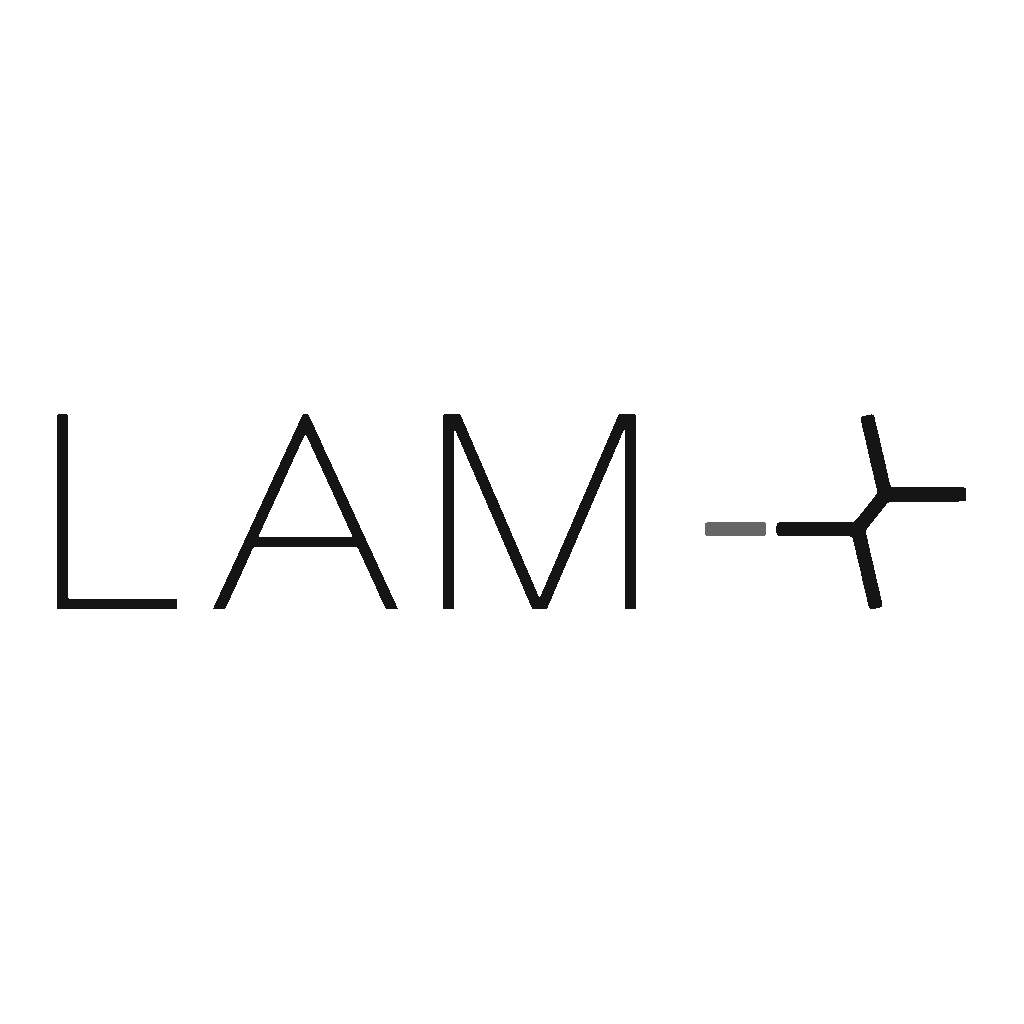
LAM stands for „light-activated materials“ which reflects the core business solution LAM-X brings to the market. The company develops active nanomembranes that excel at eliminating harmful microbes without relying on heavy metals or toxic chemicals. This innovative and highly effective technology has immense potential to prevent healthcare-associated infections, ultimately enhancing lives around the world.

The Institute of Microbiology of the Czech Academy of Sciences is the largest institution in the Czech Republic dedicated to the study of microorganisms and their applications in medicine and industry. Key research areas at the Institute include soil ecology and ecotoxicology, focusing on the impact of harmful substances on the environment. Another important focus is the role of microorganisms in the development of the immune system and their involvement in autoimmune diseases such as diabetes or gluten intolerance. The outcomes of MBU’s research aim to contribute to the development of new drugs and treatment methods for serious illnesses, including cancer or whooping cough.

MCB Lab is leading the charge in human microbiome research and modulation. Their expertise spans areas such as microbiome communication, postbiotics, pharmaceutical enhancement, and technology transfer to industry.
Using cutting-edge tech like high-efficiency ultrasonic extraction, advanced chromatography, solid-state fermentation, and innovative processing of seaweed and mushrooms, MCB Lab is on a mission to drive advancements that enhance human health and well-being, helping people live longer, healthier lives.

The company is manufacturing and developing medical devices since 2013. It was founded by Jiří Sopuch, who has more than 20 years of experience in the management of manufacturing firms specialising in the production of medical devices. Medirekt is the Czech and Slovak market leader in rectal tubes used for babies suffering with bloating or colics. The company is also developing its own tools and technologies for hole punching, mechanical rounding and grinding the ends of tubes, catheters, stents and drains made from various materials for the healthcare industry.
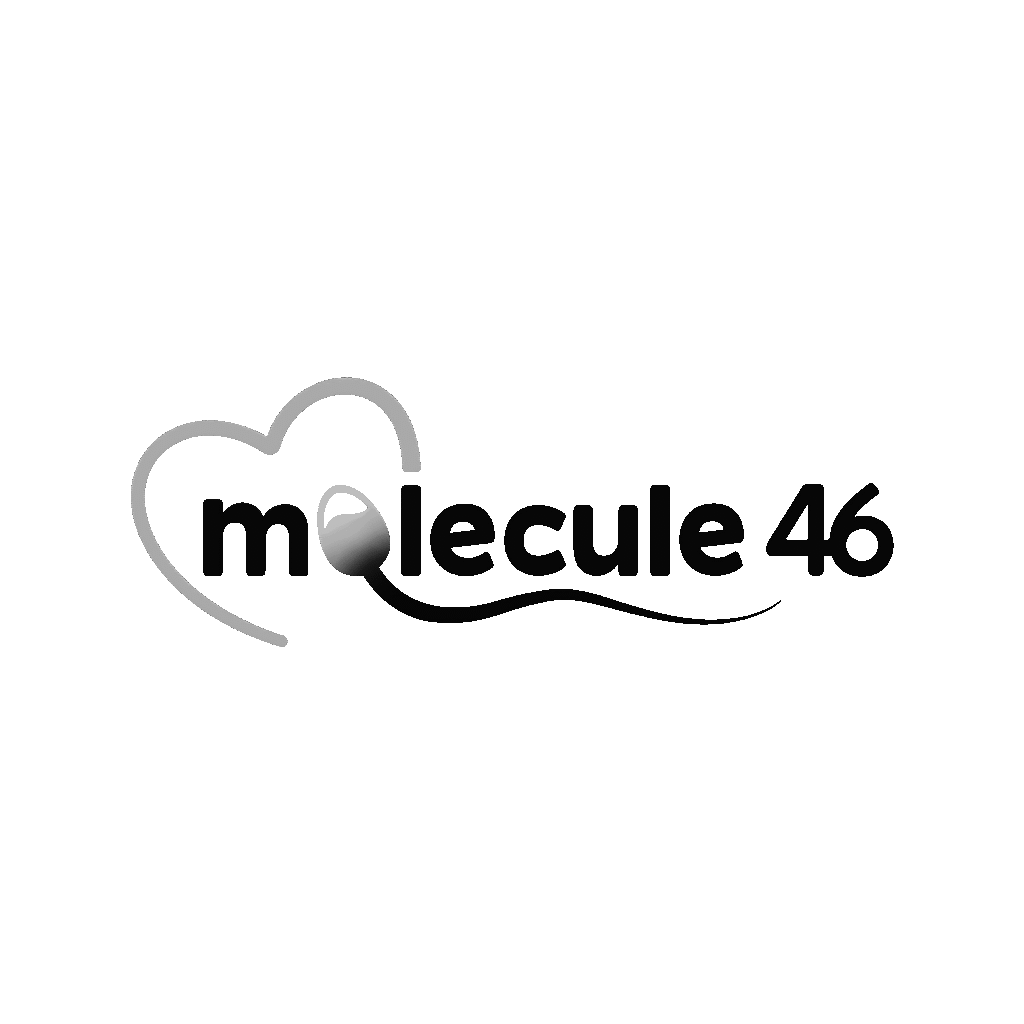
Molecule 46 is a spin-off from the Institute of Biotechnology at the Czech Academy of Sciences in BIOCEV – Biotechnology and Biomedicine Centre of the Academy of Sciences and Charles University and the Czech University of Life Sciences Prague. The company offers a unique, patented technology for diagnosing and separating undamaged sperm designed for use in human assisted reproduction and livestock breeding strategies. The number 46 in the company name refers to the molecule CD46 , a protein found exclusively on the surface of damaged sperm. Once these “faulty” sperm cells are identified by a specific antibody, scientists use a magnet to remove them from the sample. What remains are only healthy sperm, which can then be used for human assisted reproduction, animal insemination, and in vitro embryo production. Using undamaged sperm significantly increases the chances of successful fertilization and helps address infertility related to poor sperm quality.
This breakthrough technology has the potential to benefit millions of people facing infertility, including oncology patients involved in oncofertility programs and men who choose to freeze their sperm preventively, a process known as social freezing. Additionally, the technology can be applied to preserve endangered species.

The Moravian-Silesian Innovation Centre shorty MSIC (MSIC – Moravskoslezské inovační centrum) develops the regional innovation ecosystem and helps improve the business environment in the Moravian-Silesian region, an area traditionally built on heavy industry such as mining and steel manufacturing. The centre supports entrepreneurs in creating high added value through innovation, helping to bring prosperity back to the region and shift its overall perception. Its aim is also to create new jobs, attract talented people, and motivate local talent to stay and build their careers there. MSIC provides services and programmes that help small and medium-sized enterprises and startups grow and innovate. Key elements include quality education, research and development, and collaboration on new technologies.
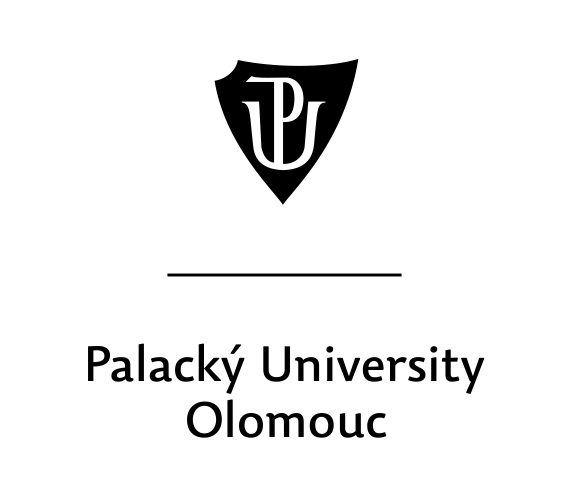
UPOL is an internationally respected and highly productive scientific and academic institution in Central Europe. Three of its eight faculties focus on medicine or science. In 2021, the Czech Advanced Technology and Research Institute (CATRIN) was established with the aim of becoming a leading European research institute. CATRIN conducts interdisciplinary research in emerging nanotechnologies, biotechnologies, and biomedicine at the highest international level, driving both innovation and application. In global university rankings, UPOL consistently ranks among the top three Czech universities.


Treatment delays put patients at risk and drive up unnecessary costs. That’s why QMFocus acts swiftly, especially in today’s rapidly changing world.
To achieve this, the company has assembled a multidisciplinary team of experts—including doctors, pharmacists, and asset and banking advisors—who have dedicated their careers to medical safety and improving patient treatment. They support their clients by implementing efficient, cost-effective processes, identifying the right investors or sponsors for large-scale projects, and even creating new opportunities when needed.
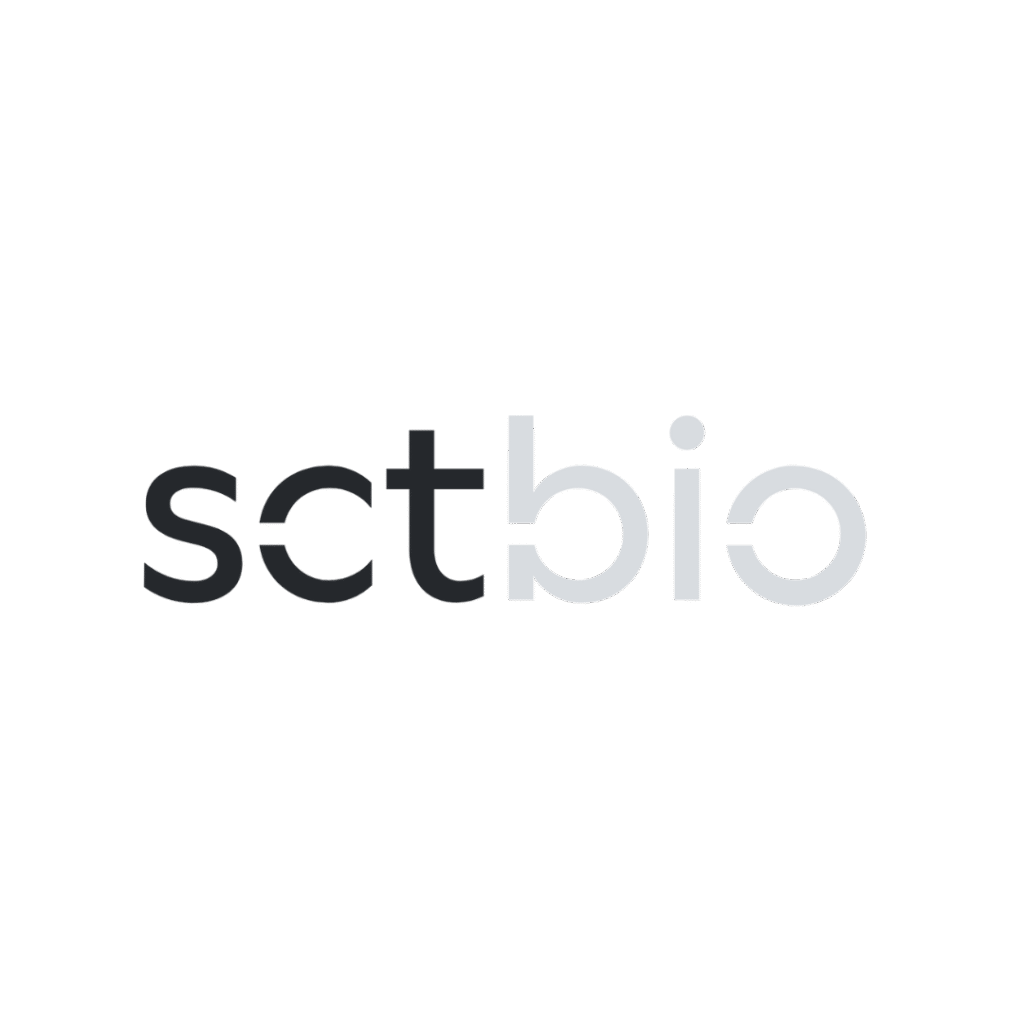
SCTbio is a cell therapy CDMO that supports its partners through every stage of the cell therapy manufacturing process. Their comprehensive services include GMP production of Advanced Therapy Medicinal Products, covering genetically modified cells and viral vectors. With over a decade of expertise in cell and gene therapy, SCTbio operates a 2,000 sqm facility, featuring 420 sqm of GMP clean rooms and a dedicated team of 70+ experts. Expanding its global reach, the company entered the U.S. market last year, establishing a business office in Boston.

SIC supports companies from Central Bohemia and helps accelerate their growth through innovation. Since its foundation in 2015, the center has supported more than 300 companies in the Central Bohemia Region and invested over €3 million in products, services, and company development. Some of our startup members have also taken part in SIC’s acceleration and mentoring programs.

Kryštof Šigut founded the company in 2011 with a vision of creating on-demand molecules to support research and industrial production. Since then, SigutLabs has grown from a one-person venture into a company with a highly experienced team of PhD-level experts with international backgrounds. They specialize in synthesizing rare and sought-after chemicals that are unavailable on the market. To date, they have developed hundreds of new molecules for diverse applications, ranging from cancer and COVID-19 treatments to advancing research in solar cells and ADC linkers. During the COVID-19 pandemic, SigutLabs played an active role in the search for effective treatments. They successfully synthesized the active substance in Gilead-published remdesivir in just four months—a process that typically takes years—by streamlining and shortening the complex production workflow. Today, SigutLabs serves customers worldwide, collaborating with global pharmaceutical companies as well as Silicon Valley startups.

The company is engaged in the research and development of innovative cancer treatments. Their R&D programs includes a new generation of antibody-drug conjugates (ADC), personalized cell immunotherapy based on the CAR-T platform, as well as IL-15-based treatments, including immunocytokines. There are also two clinical-stage programs in the pipeline, recruiting patients from Europe and the US. SOTIO has offices in Prague, Switzerland, the US, and Netherlands and employs top experts from 17 countries.

History of the University of Hradec Králové dates back to 1959. With over 6,000 students, the university also offers programs in the field of life sciences. In 2010, the university established its Faculty of Science, where not only future science teachers but also chemists, toxicologists, physicists, biologists, mathematicians, and IT experts pursue their studies. The faculty focuses its scientific and research activities on mathematics, biology, chemistry, and the didactics of science subjects.The faculty is based in a modern building equipped with 23 state-of-the-art laboratories.

As a leading research and education institution in Central Europe, Charles University plays a key role in advancing biotechnology and life sciences. One of its major contributors is BIOCEV, a cutting-edge research centre founded by Charles University and key partners in 2016. With 600 employees, most of whom are scientists, BIOCEV aims to become a European Centre of Excellence in biomedicine and biotechnology. Besides that, Charles University has 7 faculties focused on medicine, pharmacy or life sciences. With its history dating back to 1348, Charles University is also one of the oldest universities in Europe.

IOCB Prague is a leading, internationally recognized scientific institution whose primary mission is fundamental research in chemical biology and medicinal chemistry, organic and materials chemistry, natural product chemistry, biochemistry and molecular biology, physical chemistry, theoretical chemistry, and analytical chemistry. An integral part of IOCB’s mission is the translation of fundamental research into practical applications. A strong emphasis on interdisciplinary collaboration leads to a wide range of applications in medicine, pharmacy, and other industries. IOCB has a long and successful history in applied research, particularly in medicinal chemistry. This tradition began in 1969 with the launch of Dermazulen ointment and continued with the development of several human peptide hormones and their analogues (such as lysine-vasopressin and oxytocin).
From a global perspective, one of the most significant contributions was the discovery of acyclic nucleotide phosphonate antivirals—especially tenofovir, a key component of Truvada, Atripla, and other anti-HIV and anti-HBV drugs—by Prof. Antonín Holý at IOCB. These compounds were later developed and commercialized by Gilead Sciences, Inc. Since 2010, IOCB has averaged 10 awarded patents per year, signed 11 license agreements, and incubated 8 projects focused on treatments for cancer, CNS diseases, inflammation, infections, and liver diseases—including the iBodies project.
Their partners include Merck Millipore, Novo Nordisk, and SHINE Technologies. IOCB also holds licenses to several spin-offs, such as DIANA Biotechnologies and DRACEN Pharmaceuticals.
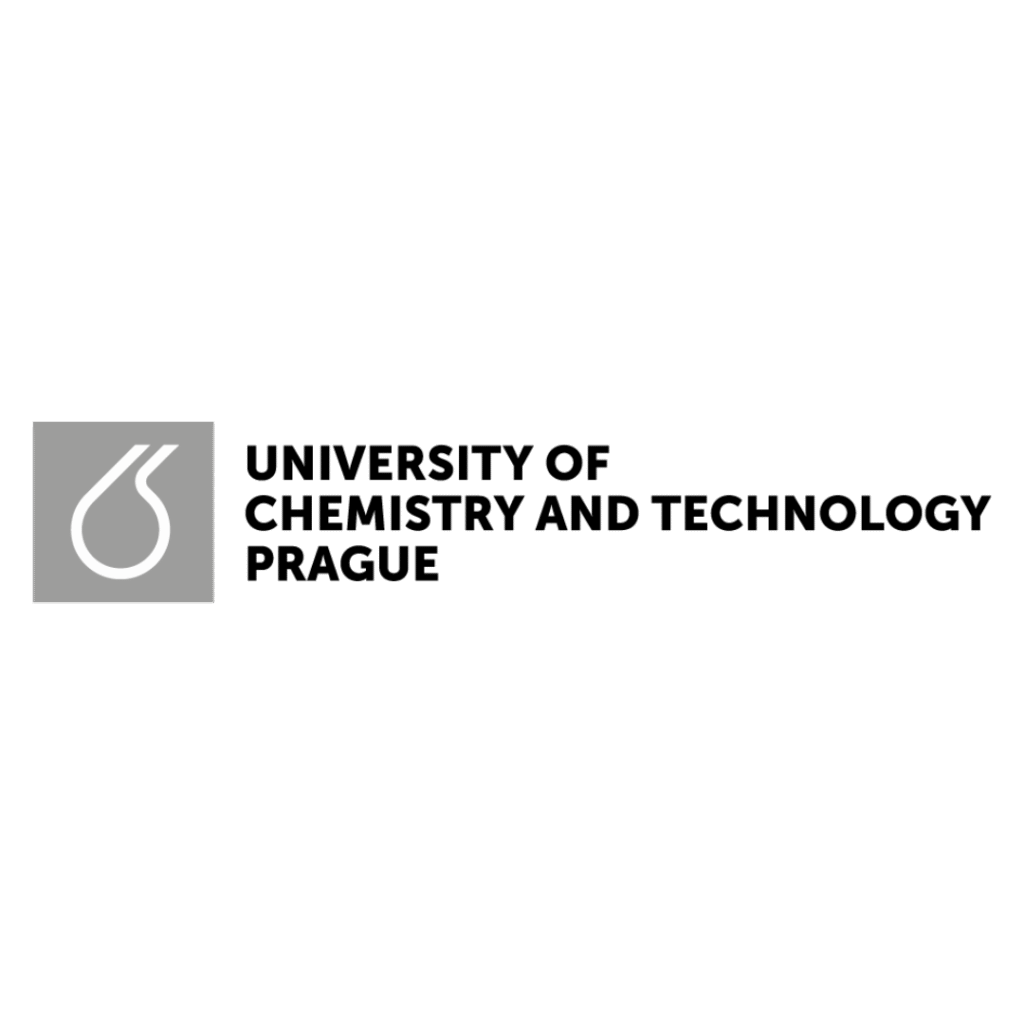
The University of Chemistry and Technology Prague (UCT Prague) is a natural center of study and cutting-edge research. One of the largest educational and research institutions in Central Europe, it specializes in technical chemistry, chemical and biochemical technologies, material and chemical engineering, food chemistry, and environmental studies. Remarkably, of the more than 4,000 students at the school, 700 are enrolled in PhD programs on average. Some of the study programs on offer at UCT are unique in the Czech Republic and are key to the future of the entire country. The school collaborates with more than 100 academic institutions, namely within Europe but also in the USA, Canada, Japan, Vietnam, and elsewhere.


Zentiva provides health and wellbeing for all generations. It is a European company developing, producing, and delivering high-quality, affordable medicines to more than 100 million people in over 30 countries across Europe and beyond. Zentiva has four wholly owned manufacturing sites and a broad network of external manufacturing partners to ensure supply security. The company is private equity-owned, delivering sustainable growth, with an ambitious plan for the years to come. Zentiva has a team of more than 5,000 unique talents bonded together by commitment to ensuring the supply of high-quality, affordable medicines to people who depend on them every day. Their roots reach back more than 500 years to a small pharmacy in Prague that still exists today.